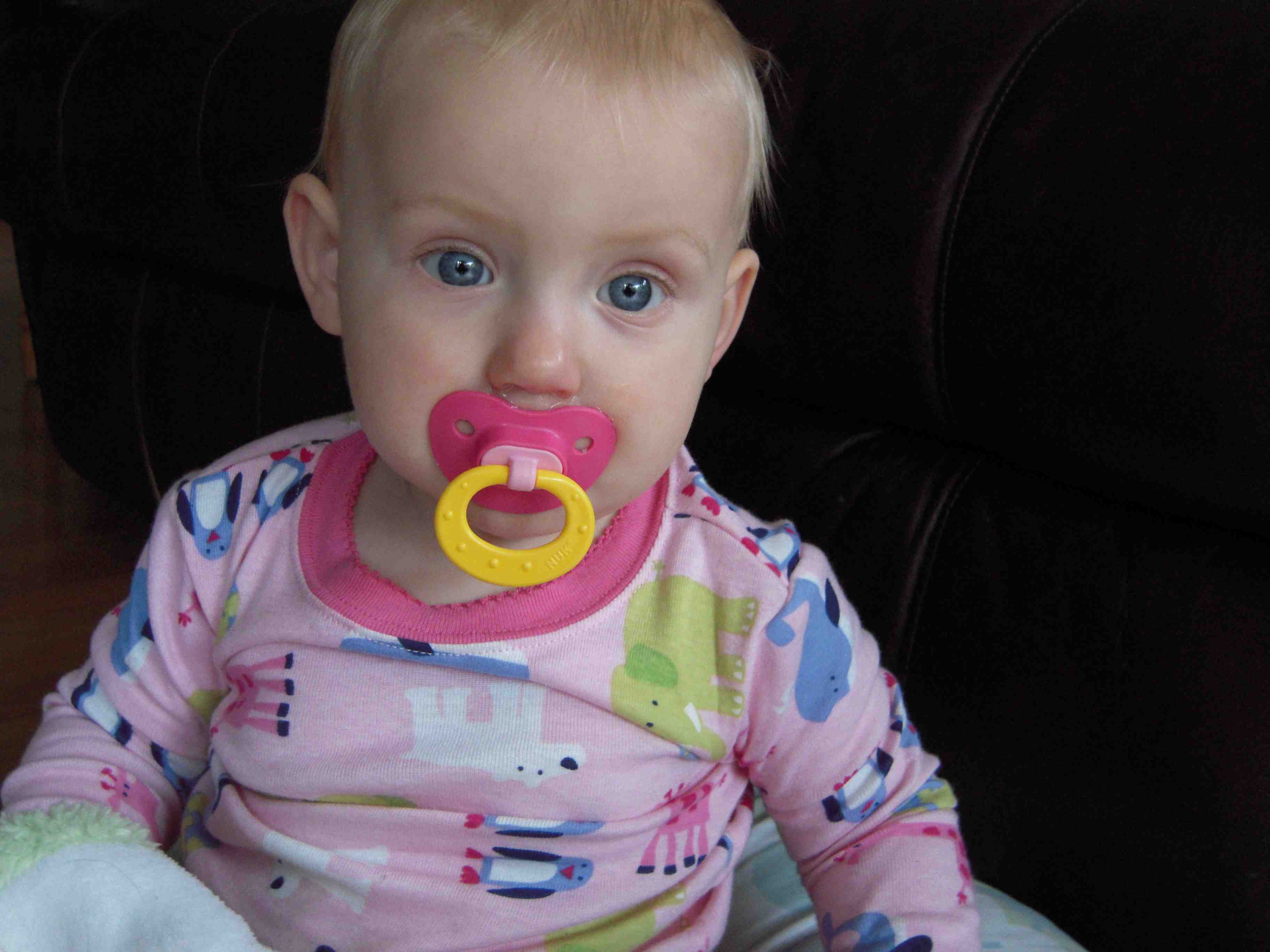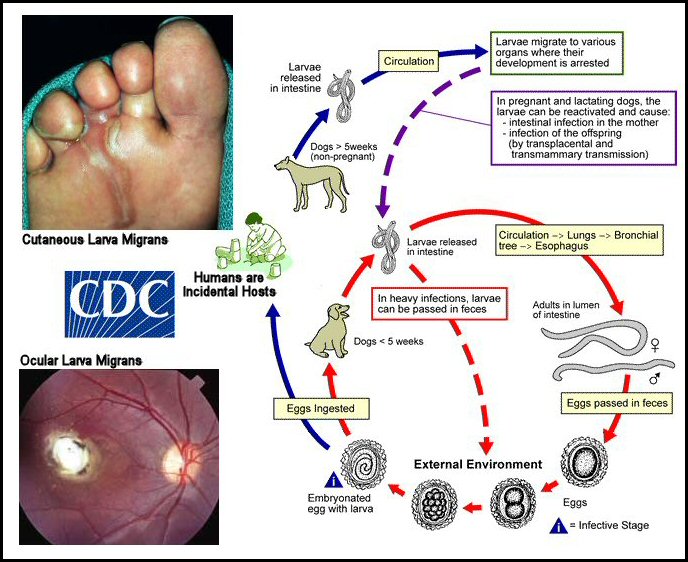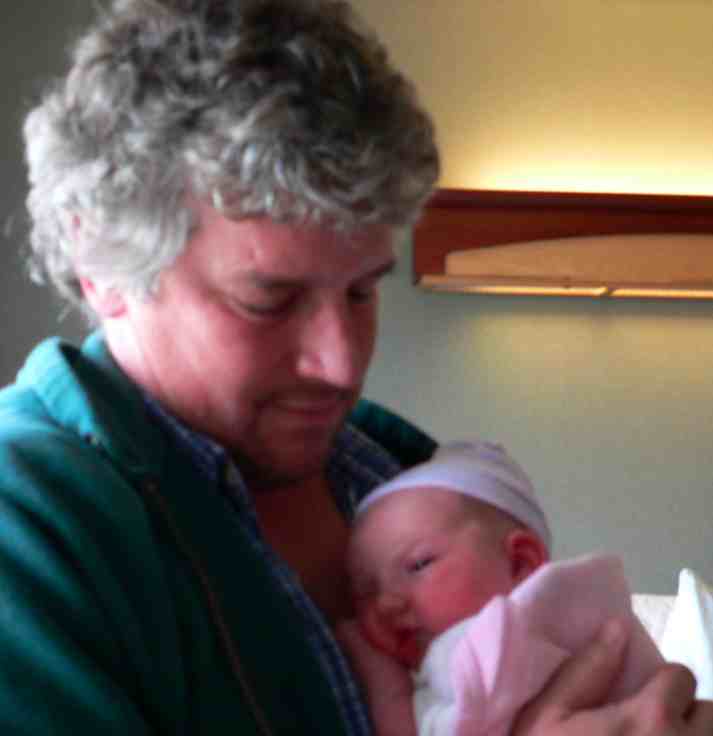The Scots have a way with headlines — and in this case it’s deadly serious.
Call it what you will, a dummy, pacifier, soother, nuk – that’s Sorenne with one of hers a few weeks ago – they should never be dipped in honey.
 A child in Scotland has been in hospital for six weeks fighting for his life with botulism and he could have caught it from sucking a dummy which had been dipped in honey, it emerged last night.
A child in Scotland has been in hospital for six weeks fighting for his life with botulism and he could have caught it from sucking a dummy which had been dipped in honey, it emerged last night.
Since 1976, over 1,000 cases of infant botulism have been reported worldwide, most of them in America.
Clostridium botulinum can cause sickness in very young children, and infants under the age of 1 years old are most at risk. Honey may contain Clostridium botulinum spores that can grow in the digestive tract of children less than one-year-old because their digestive system is less acidic. The bacteria produces toxin in the body and can cause severe illness. Even pasteurized honey can contain botulism spores and should be not be given to children under the age of 12 months.

.jpg) The baby girl was admitted to intensive care at St Thomas Hospital with a fever and high heart rate in August, where hospital tests revealed she was suffering from a strain known as salmonella Arizona, which is commonly associated with snakes.
The baby girl was admitted to intensive care at St Thomas Hospital with a fever and high heart rate in August, where hospital tests revealed she was suffering from a strain known as salmonella Arizona, which is commonly associated with snakes.
 people should eat dirt in order to stimulate their immune system. Brody says that immune system disorders such as asthma and allergies have risen significantly in the United States.
people should eat dirt in order to stimulate their immune system. Brody says that immune system disorders such as asthma and allergies have risen significantly in the United States. 
 It was worth the wait.
It was worth the wait. Doug wrote a book called
Doug wrote a book called 
 But now that Sorenne has arrived, this morning, as Amy was going into week 42, I can begin my walk-around-with baby exercise regime. Weighing in at 9 lbs. 9 ounces, she’ll be a good workout. Mother and baby are fine.
But now that Sorenne has arrived, this morning, as Amy was going into week 42, I can begin my walk-around-with baby exercise regime. Weighing in at 9 lbs. 9 ounces, she’ll be a good workout. Mother and baby are fine.